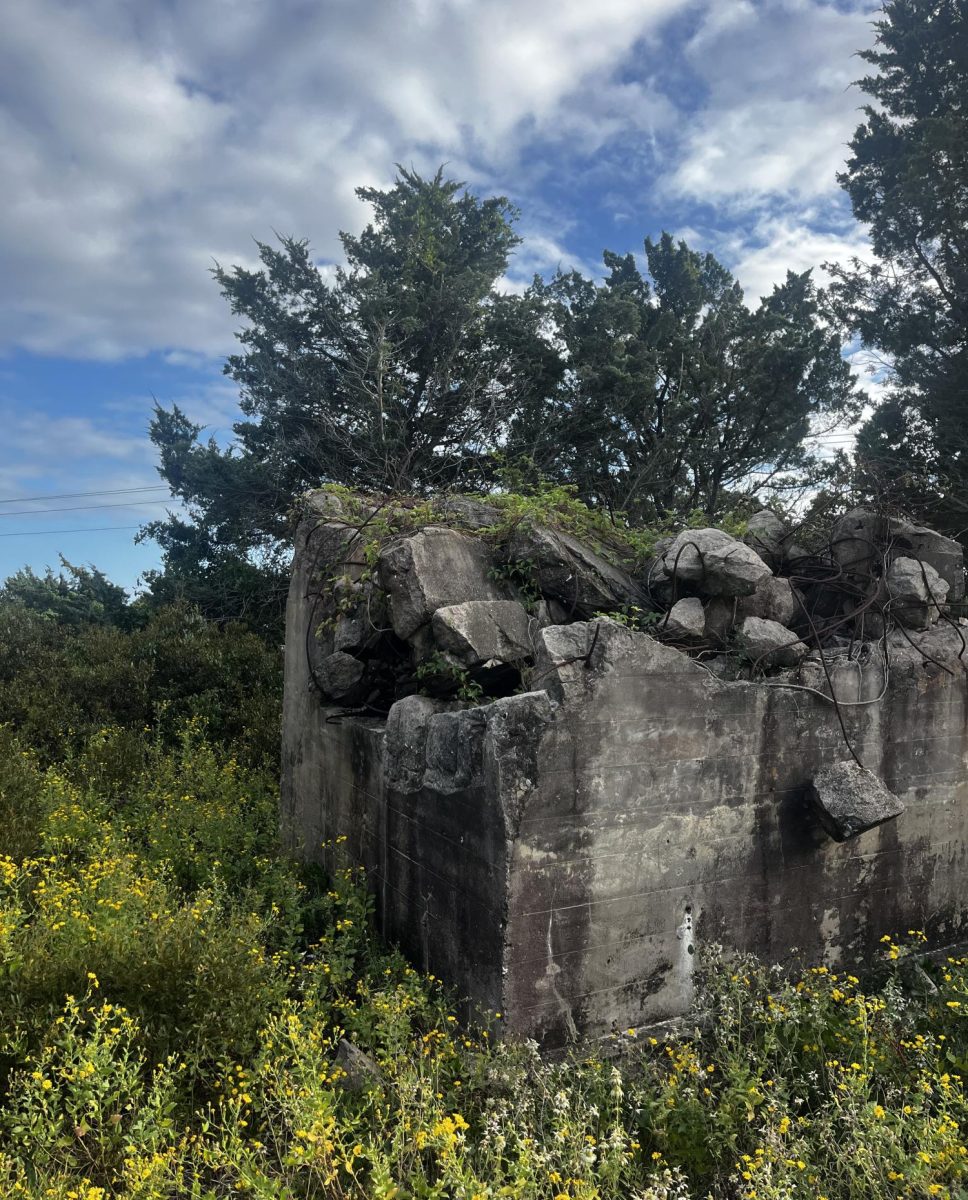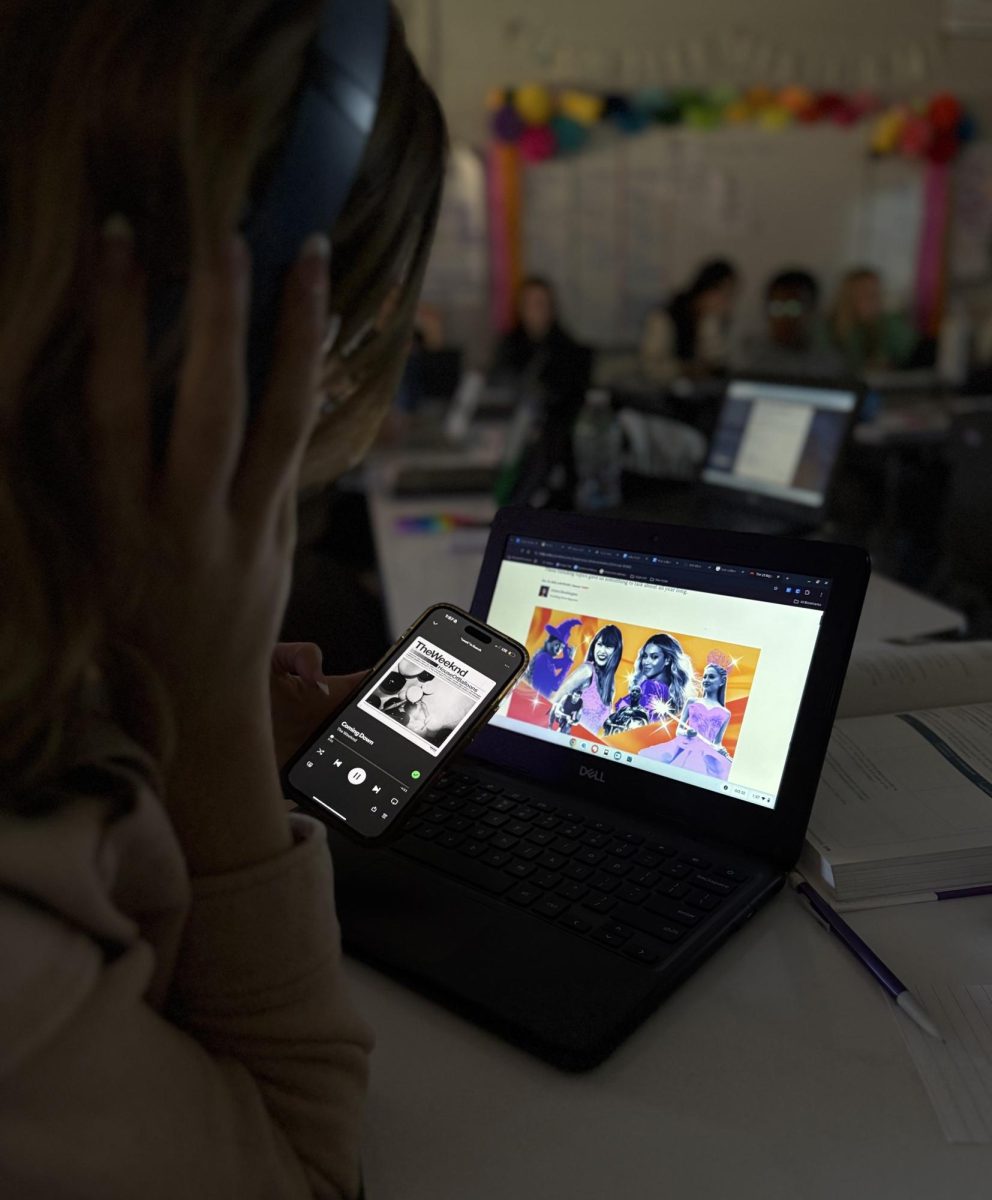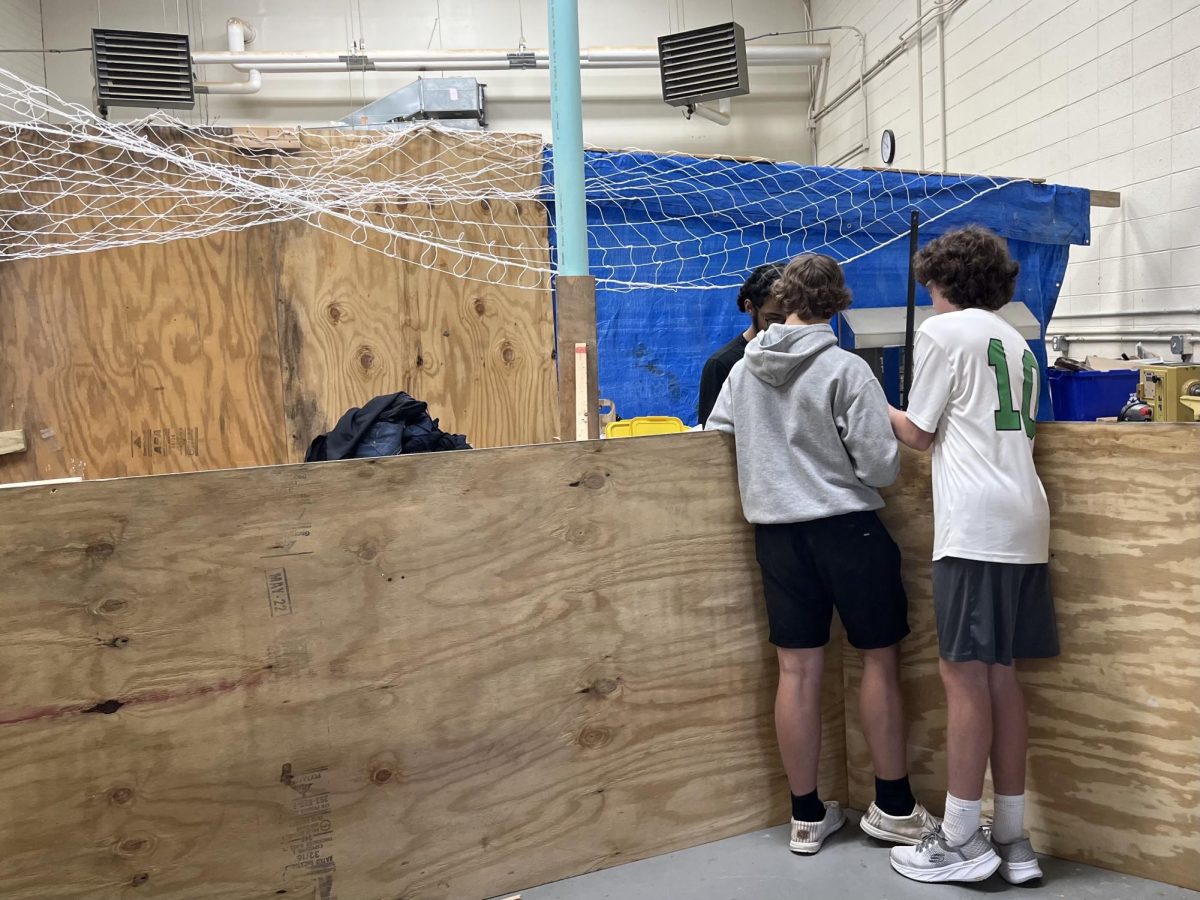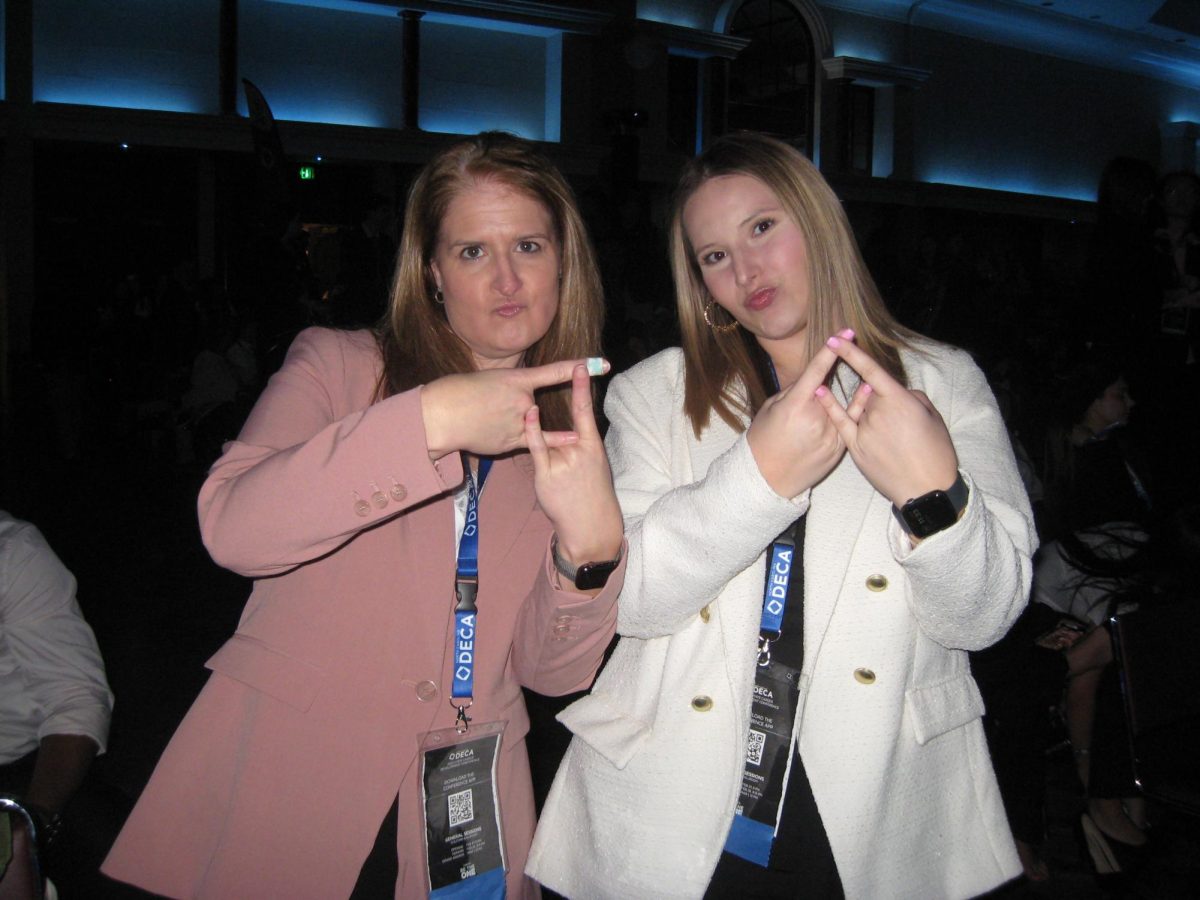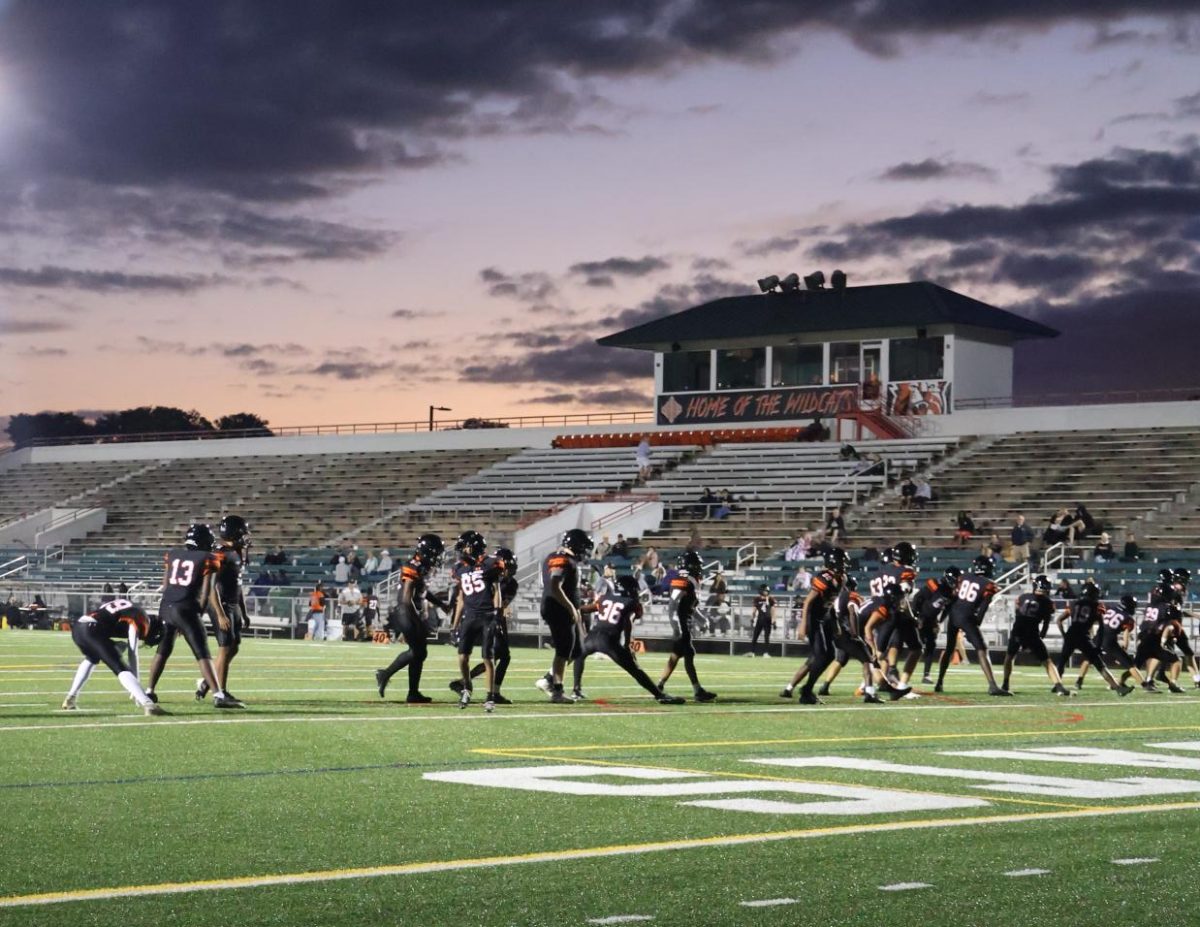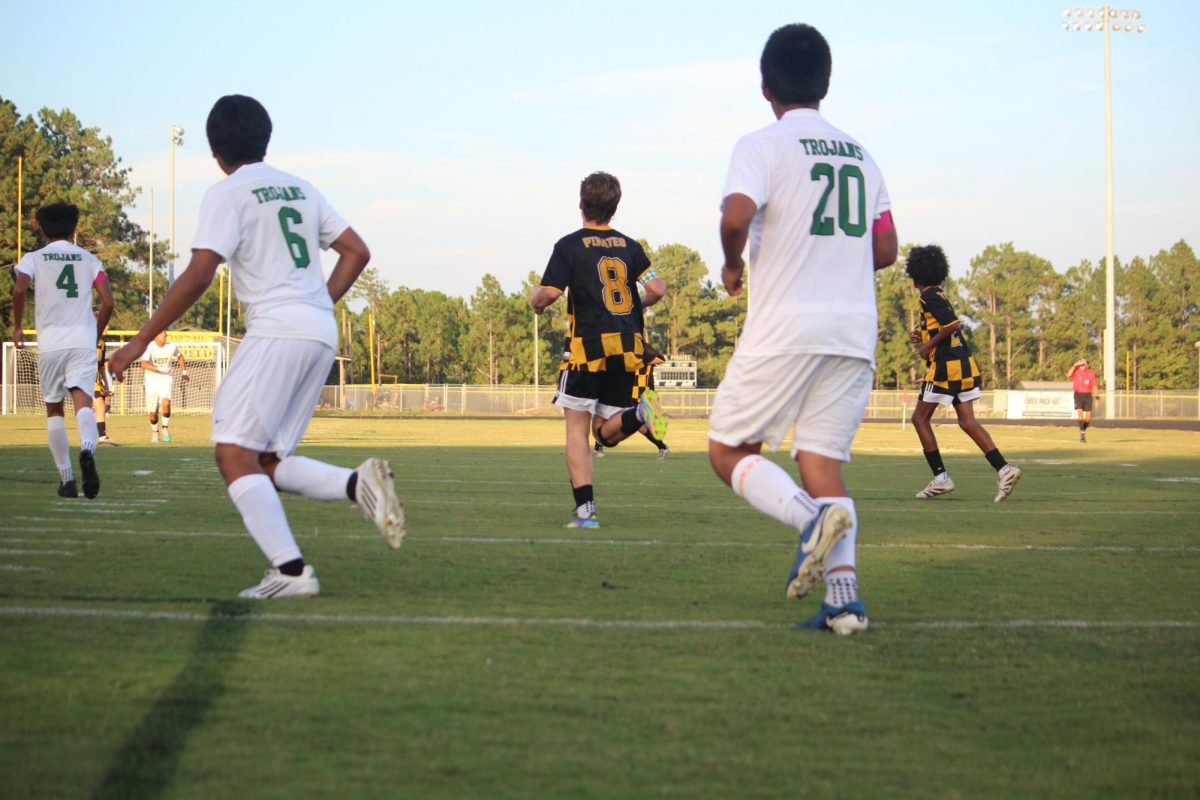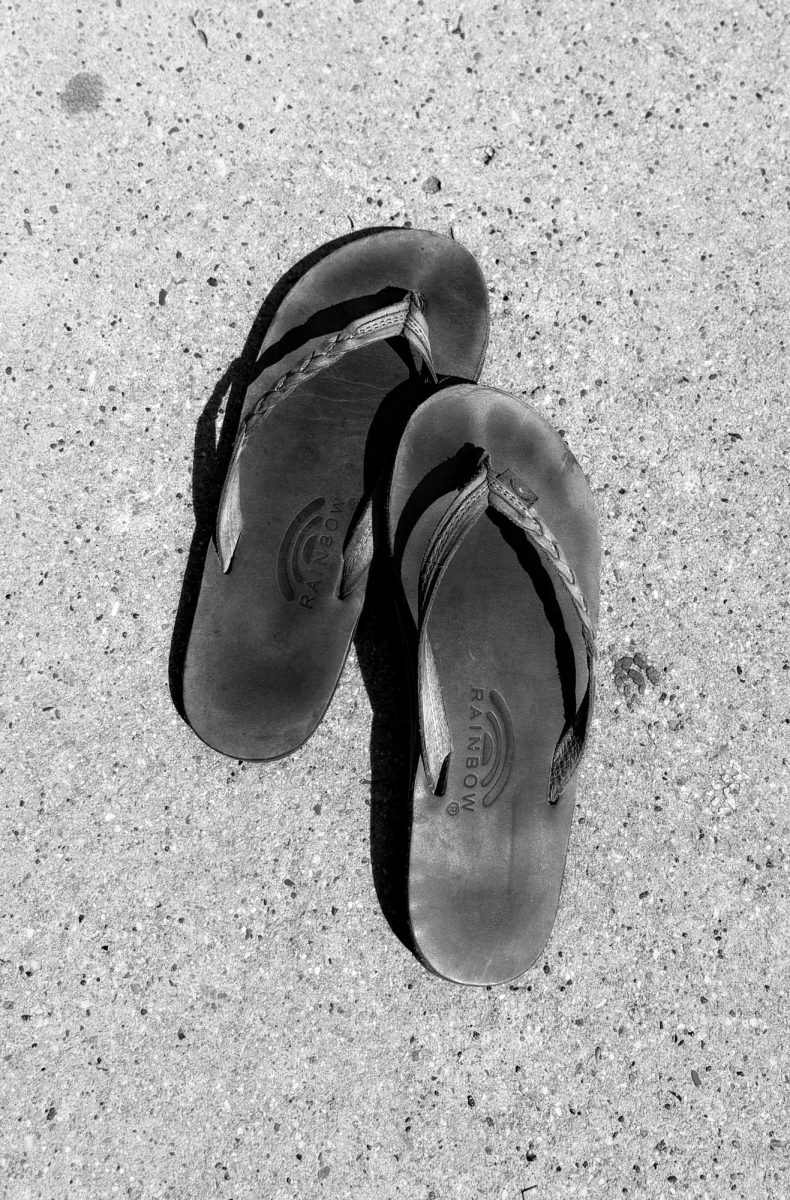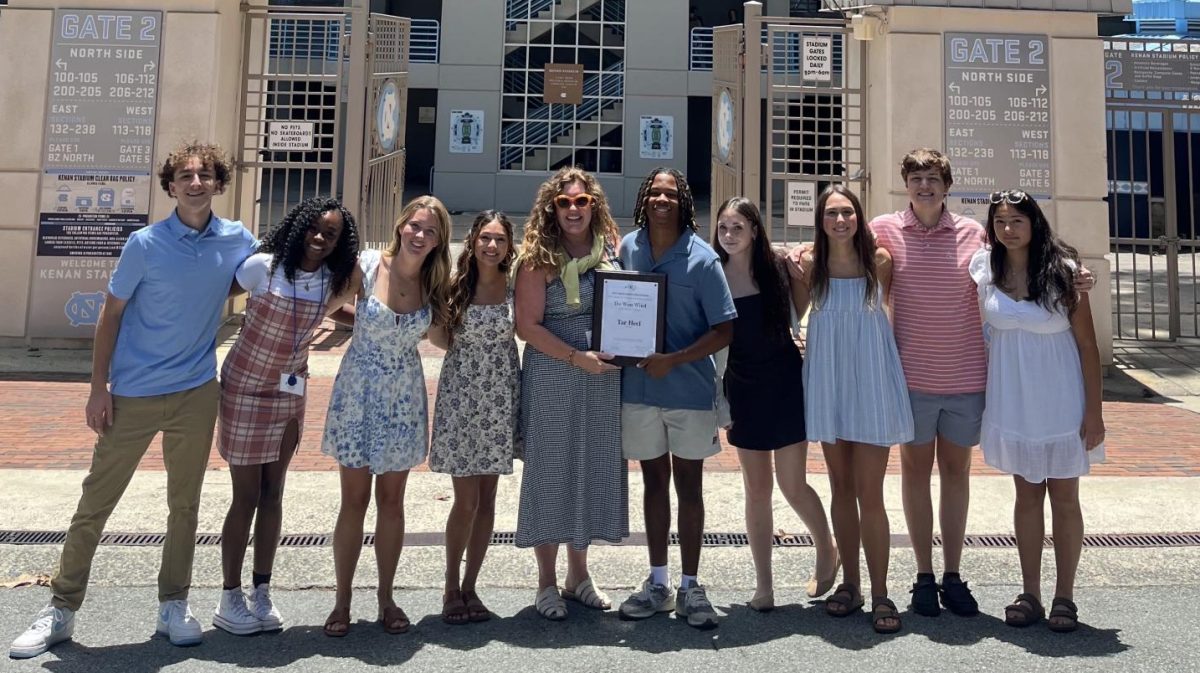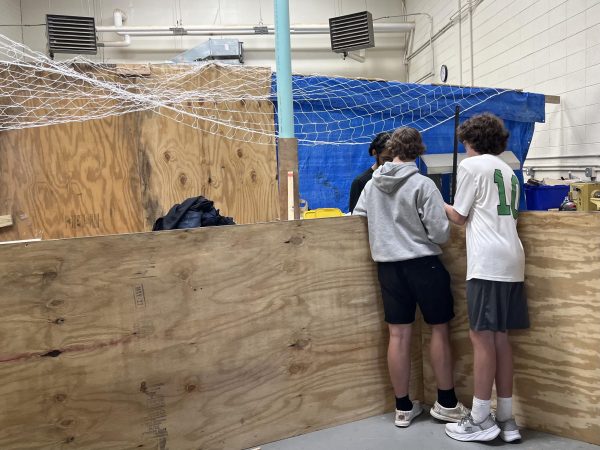The Flawed System of the TSA
Photo by Stephen Muller
Wing of Airplane Flying Over a Mountain Range
Feb 8, 2023
The TSA system is something that almost everyone has had to go through. It is widely regarded for its bigoted, complicated, and unfair system. Because of these flaws, it can be difficult to trust the TSA with our personal safety. We have seen repeatedly how not only the system mistreats the people who are passing through the airport but also the actual workers.
TSOs are consistently harassed by their managers and in constant fear of being fired within the first nine months of their jobs.
“…Another TSO tried to detain a passenger who had a bag of cocaine in his pocket,” Says Darryl Campbell, according to The Verge. “In a desperate attempt to try and avoid getting arrested, the passenger threw the open bag right in the officer’s face. Although the passenger was the one breaking the law, the officer feared for his job anyway…”
TSA employees are paid disproportionately less than other government workers and are constantly called in for random tests to ensure that they follow policy.
The reason why the TSA is so strict is because they operate on an event/response system, an attempt occurs, then they make new rules/procedures to patch the previously unseen hole. But this system also promotes racism and other biases, 9/11 is a very good example. People with Middle Eastern heritage and names are immediately suspected because the TSA was founded after 9/11, and everyone is aware of the bias that it caused in the American people and government.
“…TSA practices an intelligence driven, risk-based approach to security…” The TSA website reports.
But is that true?
Katie Abdou is a very good example of the racism that the TSA promotes. When she turned fourteen she was very aware that flying would be much more difficult.
“My dad is Lebanese and Syrian, and my mom was Irish-Italian, so I have my mom’s coloring, but obviously, my last name is Middle Eastern.” Katie said.
The initial screening went smoothly, but after she boarded her flight an agent called her back. Katie was guided to a private room where a male TSA searched her and refused to tell her anything.
She made a joke, “What do you think? I have a bomb up my skirt or something?” The Verge reported.
He responded by doing a full-body pat-down and reaching his hands up her skirt. She was returned to her flight and landed safely, but the experience left her shaken. Even now, twenty years later, she remains wary of the TSA.
The no-fly list is a violation of the privacy of the people. There are no explicit mentions in the constitution of privacy rights, but it is still an ongoing problem. The no fly-list has an incredibly convoluted process to get off of it; even if you do eventually manage to get off of the no fly-list, there are hundreds more that you don’t even know about that have already been shared with other countries. The ACLU reported on their possible scenario where the no-fly list is an inconvenience.
“Picture this: You arrive at the airport, full of good spirits ahead of a work trip to visit to a client,” The ACLU says. “You wait in line to check in for your flight, but when you reach the counter, you’re told you won’t be able to board. Suddenly you’re surrounded by security guards and hauled off for questioning, with everyone gawking at you. You learn that you’re banned from flying – INDEFINITELY – to, from, or over the United States, even though you’ve never been charged with a crime.”
The ACLU points out that it doesn’t make sense that these people are put on these lists with no warning and no means of escape. The TSA continues to harp on how everything they do is for our safety, but many people’s experiences have proven that the no-fly list might be to our detriment.
Ashraf Manair brought the attention of U.S. security officials because of his friendship with a woman in the U.K., who was later accused of ex-terrorism. They harassed him for years, but no charges were brought against him. During the years he had been hounded by the government his lifestyle of regular travel was interrupted, no matter how many times he tried he could not board a plane. Eventually, the FBI was there to prevent him from boarding the plane. His lawyers found out that he was put on the government’s no-fly list, and they launched a legal effort to get him off the list. Which of course took a couple of years fighting against the government’s diluted and complex systems.
When he finally got the letter from the government clearing him of any terrorist suspicion he was holding on to it for a sense of comfort.
“For all the years since my problems started, I had been nurtured to feel like I was a criminal, especially when I’m at a border or doing anything government-related,” Maniar said. “So I had this letter clearing me gripped in my hand.” Reported Murtaza Hussain from The Intercept.
When he arrived he passed through with no problem, the woman at the airport made a quick call and he felt free.
“I was so relieved, honestly. At that moment, I was feeling like my new life had begun,” Maniar said. “I felt like I was finally free from harassment and back to traveling like I used to.” The Intercept reported.
That feeling of freedom was short, however, as when he started walking out of the airport, he heard a voice call his name from behind.
The man took him into a room with two men who handcuffed him to a chair. Maniar tried desperately to tell them that he was cleared of the suspicion of terrorism, but clearly, the fact that he was no longer a threat was not communicated. As he struggled and begged for his innocence, a black bag came over his head.
Ashraf Manair and Katie Abdou are not the only people who have had these experiences, thousands of others have experienced the same or worse. The TSA system and its secrecy is putting the public in danger by withholding information about their current status in the government. The no-fly list is yet another example of the government subtly using fear to control our lives, and nothing is being done about it. Judges ruled the no-fly list unconstitutional and yet it is still in place. Change needs to be made and change cannot occur without the support of the people.


